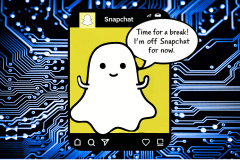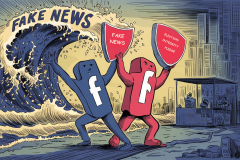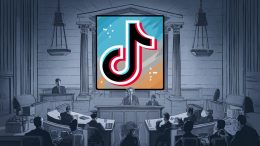Pinterest, the increasingly popular pinboarding social network, is able to present a visually arresting interface in large part by using copyrighted images pinned by users.

“It’s a huge concern for creative bloggers,” said Amy Anderson, who blogs on the arts and crafts site Crafter Minds. “I don’t think Pinterest does anything to help protect copyright besides removing content when people ask.”
Pinterest is able to avoid violating U.S. copyright laws thanks to a provision in the Internet Service Providers Act, which gives immunity to sites that publish information provided by others, according to Aaron Messing, an associate with OlenderFeldman LLP in New Jersey. As long as Pinterest continues to comply with a provision of the Digital Millenium Copyright Act that requires it to remove content when asked by the copyright owner, users are free to continue pinning any images they find on the Internet.
Pinterest did not respond to a request for comment, but its Web site has instructions for requesting the removal of copyrighted content.
“If they were manually showcasing content and/or putting this content up themselves, they would definitely be in violation and break their protections,” Get.com co-founder Steven Fruchter said in an email. “Since their users are the ones ‘pinning’ content, which is then downloaded and served via Pinterest’s servers, they are considered a user-generated site, which only needs to take down content after they receive a take down notice by the copyright holder.”
Among many Pinterest users, as well as several artists who have had work pinned on the site, a code for giving proper credit is developing. Artist Laura C. George said Pinterest has no way of knowing if links tied to images link back to the original artists’ Web site, but so far Pinterest users have been better about giving credit than Tumblr.
“That being said, it’s still awful that I might discover a new painter on Pinterest and not be able to find them. To not know their name or have their website,” she said. “It’s truly an awful situation…it seems impossible to enforce this type of rule on such a huge site with thousands of members and billions of pins. They would have to check the link to every ‘original’ pin and research to make sure it was the original. That’s insane.”










